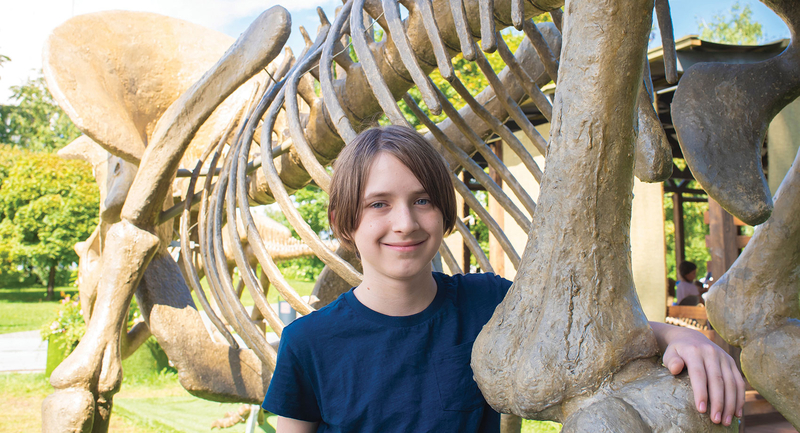"The Accepting and the Leaving" is the title of an editorial by long-ago Educational Leadership Editor Robert R. Leeper (1978). In his formal essay announcing his retirement, he describes his legacy (1950–1978), citing the body of literature that he had some "small part in shaping." He also expresses gratitude for the "cooperative processes" of ASCD leadership that allowed Educational Leadership to address the needs, interests, and concerns of not just ASCD members but also the education profession as a whole and the "immense good will" of educators who offered the "free gift of talent and time to the writing and creation of professional contributions."
Today, as I get ready to retire as Editor in Chief of EL, I share the mix of pride and gratitude with which Robert Leeper wrote. And I feel the same sentiments about EL's wonderful readers and writers. I never met Dr. Leeper, but did have the fortune to work for another great ASCD Editor, Ron Brandt. Ron's legacy (1978–1997) includes introducing EL's most provocative themes of the 1980s and 1990s—from thinking skills to fledgling brain research to early technology in the classroom. As well, he published some great education thinkers and practitioners—from Albert Shanker to Grant Wiggins. Yet it's his homespun, practical philosophy that still rings in my head. "Write conversationally," I hear him say. "Keep readers in mind."
As I announce my retirement (yes, I announced it once before, but you can believe me this time), I want to thank these editors emeriti for establishing the great Educational Leadership tradition. With support from ASCD executive leadership and the highly accomplished and dedicated EL staff, EL has continued to grow and change and has kept its focus on being a high-quality journal written and read by educators. In the 25 years I have worked here, EL has tackled your concerns, including the reading wars, standards and assessments, NCLB, CCSS, teacher evaluation, and the qualities of effective leadership. We've explored all things instructional—from questioning for learning to feedback for learning—and all things whole child—from student engagement to students' need for academic challenge. EL theme issues have also looked at the challenges that inequity and poverty present to students and schools today. The work is not yet finished—neither for you educators nor for Educational Leadership. So, onward into the future!
Which brings me to introducing this issue, which addresses the need for schools to prepare global-ready students, that is, students who have the dispositions to inquire about the world, understand different perspectives, engage in respectful dialogue, and take responsible action (Boix Mansilla, Jackson). (The theme reflects one of the five facets of : Global Engagement. The other facets are Teaching and Learning, Transformational Leadership, Redefining Student Success, and Poverty and Equity.)
Our authors clearly describe many reasons for this new emphasis. First: the state of the world demands global engagement. "There may be no better way to combat violent extremism than education for global competence," Asia Society's Anthony Jackson writes. Marc Tucker states another reason: "Intelligent machines will create a different kind of working world, one that our students must be prepared for. In this world, the ability to learn new things will be at a premium." And to paraphrase Will Richardson, now that we have access to so much knowledge, it's obvious that we can't teach it all. Schools and educators must transform our work in order to prepare students.
Many authors share the exciting ways they are transforming education with global projects that unite classes across the world around learning, with literature and media that open students' eyes to the complexity of cultures, and even with math lessons that focus students on understanding how international events are playing out. They write with respect and sensitivity, acknowledging, as college freshman Shivam Bhatt puts it, "Being cosmopolitan and being patriotic are not mutually exclusive."
One of the most exciting things about this issue is the obvious joy and enthusiasm of the students who are learning to engage with the world. The world is opening to them, and they will be ready. So will Educational Leadership, as it builds on the past and enters new realms.
Thank you all for your support, Readers. It's been a pleasure.









